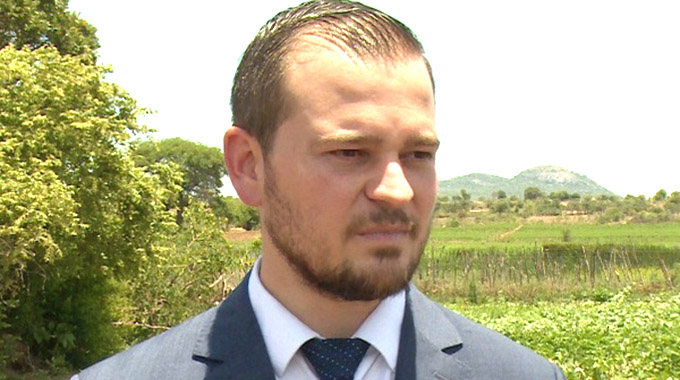National herd to increase to six million

Herald Reporter
The Government is accelerating plans to improve the national herd to six million in line with the country’s agricultural growth recovery plan to meet national demand.
Currently, the national herd stands at
5,5 million and various measures have been put in place to improve the livestock sector, including artificial insemination which involves cross breeding with semen from selected quality bulls, vaccination programmes and dip tank rehabilitation to save cattle deaths from tick-borne diseases.
Speaking at the pilot vaccination launch of the vaccine at Svikiro Dip Tank in Rugoyi Village in Rusape, Deputy Minister of Lands, Agriculture, Fisheries, Water and Rural Development, Honourable Vangelis Haritatos said more than 65 percent of cattle deaths in the country is due to tick-borne diseases, adding that 500 000 cattle valued at US$150 million have died due to January disease since 2018 to date. He also stressed the importance of reducing mortality rate, adding that it was the key to accumulation and growth of the livestock herd.
“The introduction of theileria vaccine together with other measures will result in reduction of cattle mortalities and will promote higher production, productivity and profitability as envisaged in NDS1 which targets to increase the national herd to 6 million cattle. We want to protect the national herd.”
He added that the healthy cattle herd will contribute towards vision 2030 of an upper middle income economy.
He added that dipping remains the most cost effective method of controlling tick-borne diseases and other ways of supplementing the dipping programme such as the tick-borne vaccines, tick grease application, dip tank rehabilitation and intensive dipping regime in January disease hot spots.
Zimbabwe is moving ahead on several fronts to fight tick-borne diseases by building, rebuilding and renovating dip tanks, ensuring that the subsidised dipping chemicals are brought to the tanks, by handing out tick grease to farmers and now by manufacturing vaccines.
A blitz tick-grease programme under the Presidential Input Scheme has also been running for the past two seasons and has been a major boost in the fight against January disease and the programme will continue this season.
Department of Veterinary Services chief director, Dr Josphat Nyika said health is an important aspect which is needed for animals to conceive, adding that there is a need to promote nutrition and reduce mortality from tick borne diseases.
“Currently January disease is under control. Enough environment for feeds and pastures is crucial for improving the health condition of the national herd. Several interventions were implemented to ensure that cattle mortalities are eradicated.
“Currently we have also rehabilitated 515 dip tanks across the country. All these efforts are done to ensure that we safeguard our national herd,” he said.
During the wet season, animals are susceptible to many challenges, and if a farmer is not careful, they may be killed by various diseases including tick-borne diseases. January Disease is common between December and March and is spread through the bite of the brown ear tick.








Comments